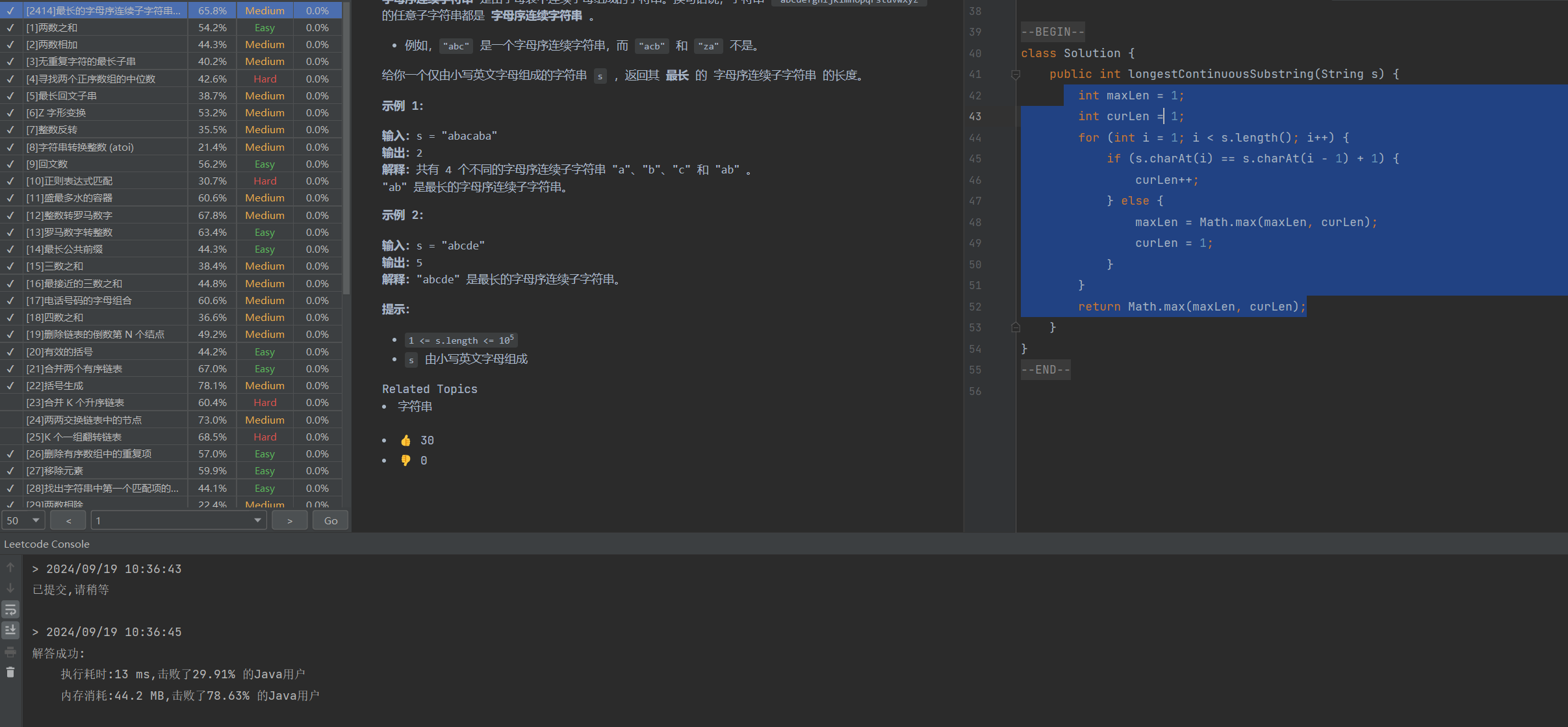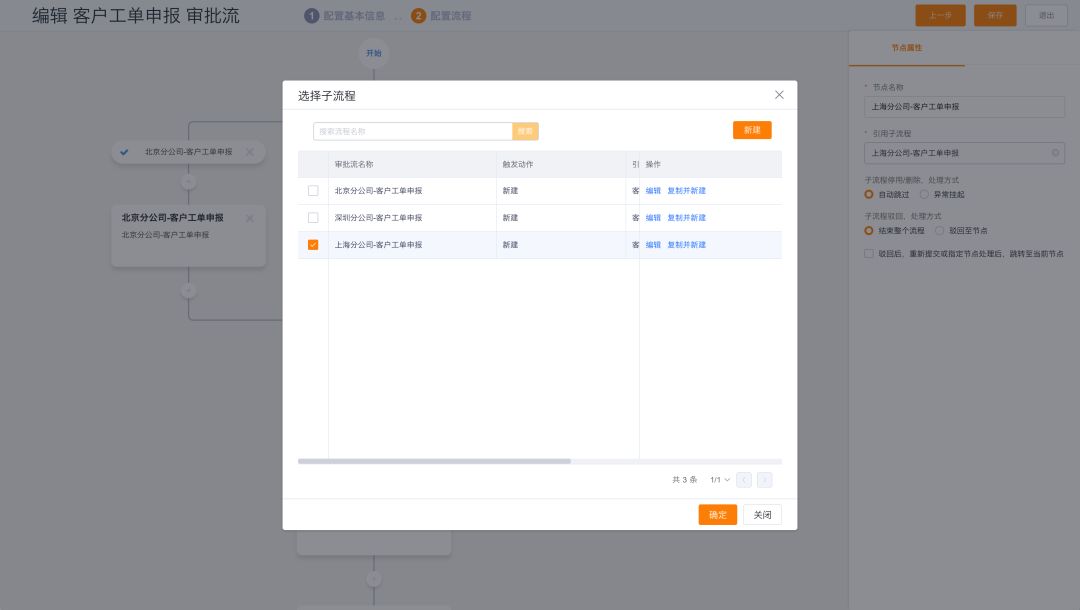背景:
share_ptr已经很好用了,但是有一点share_ptr智能指针还是有内存泄露的情况,当两个对象相互使用一个shared_ptr成员变量指向对方,会造成循环引用,使引用计数失效,从而导致内存泄漏。
weak_ptr 是一种不控制对象生命周期的智能指针, 它指向一个 shared_ptr 管理的对象. 进行该对象的内存管理的是那个强引用的shared_ptr, weak_ptr只是提供了对管理对象的一个访问手段。weak_ptr 设计的目的是为配合 shared_ptr 而引入的一种智能指针来协助 shared_ptr 工作, 它只可以从一个 shared_ptr 或另一个 weak_ptr 对象构造, 它的构造和析构不会引起引用记数的增加或减少。weak_ptr是用来解决shared_ptr相互引用时的死锁问题,如果说两个shared_ptr相互引用,那么这两个指针的引用计数永远不可能下降为0,资源永远不会释放。它是对对象的一种弱引用,不会增加对象的引用计数,和shared_ptr之间可以相互转化,shared_ptr可以直接赋值给它,它可以通过调用lock函数来获得shared_ptr。
循环引用的例子:
#include <stdio.h> #include <iostream> #include <memory>class Child; class Parent;class Parent { private:std::shared_ptr<Child> ChildPtr = nullptr;//std::weak_ptr<Child> ChildPtr; public:Parent() { printf("Parent() +++++++++++++ \n"); }~Parent() { printf("~Parent() +++++++++++++ \n"); }void SetChild(std::shared_ptr<Child> sp) { ChildPtr = sp; } }; class Child { private:std::shared_ptr<Parent> ParentPtr = nullptr; public:Child() { printf("Child() +++++++++++++ \n"); }~Child() { printf("~Child() +++++++++++++ \n"); }void SetParent(std::shared_ptr<Parent> sp) { ParentPtr = sp; } };void shareTest() {printf("shareTest +++++++++++++ \n");{std::shared_ptr<Parent> p(new Parent);std::shared_ptr<Child> c(new Child);printf("构造完成 ... \n");p->SetChild(c);c->SetParent(p);printf("p use count:%d\n", p.use_count());printf("c use count:%d\n", c.use_count());}printf("shareTest +++++++++++++ \n");system("pause"); }
int main()
{
shareTest();
return 0;
}
运行结果:
可以看到在出了作用域后,p和c并没有被释放。

使用weak_ptr解决这个问题:

运行结果:







